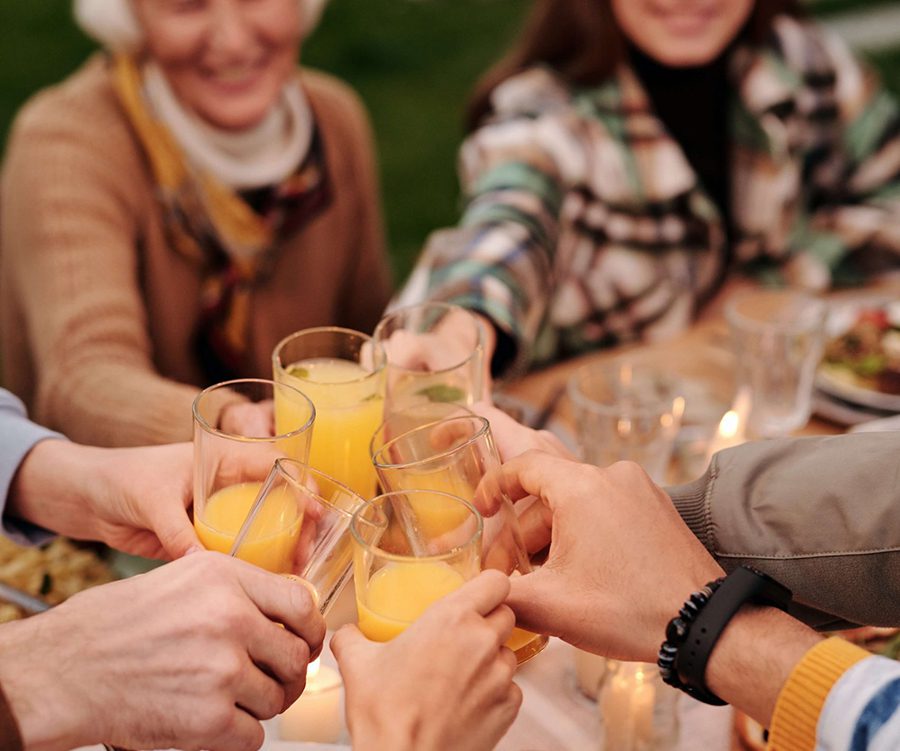5 tips to help you drink well and stay hydrated
Dehydration
Dehydration is associated with a higher risk of ill health in older people, from having an infection, a fall or being admitted to hospital.
Cini Bhanu has led a research study at University College London (UCL) exploring the views of older adults on the topic of hydration. The team recently created a public campaign video (supported by our older volunteers) to share the top 5 tips to help older people drink well and stay hydrated.
Appetite
An appetite for food and drink can reduce as people age, so older people should drink regularly, even when they’re not thirsty.
Older women who don’t have to restrict their fluid intake for medical reasons, are advised to drink 1.6 litres a day (that’s about six and a half tea cups). For older men, it’s 2 litres a day (that’s eight tea cups).
The easiest way to drink more fluids is to build on existing habits. For instance, drinking more fluid as part of everyday routines, such as when taking medication or at mealtimes. If you build this up gradually in small steps, eventually it will become part of your routine.
Enjoy it!
Keeping up your fluid intake shouldn’t be a chore – drink more of what you enjoy. A common myth is that you have to drink water, but tea, coffee and juices all count.
Thirst is seen as a reliable indicator of when you need to drink, but the perception of thirst can blunt with age. An over-reliance on thirst alone to reach for a drink may increase your risk of dehydration, so it is important to be mindful of drinking fluids regularly even when you’re not thirsty.
Overcoming fears
Another myth is that avoiding drinking can help urinary incontinence. However, limiting fluid intake makes incontinence worse because it reduces the bladder’s capacity.
Some people wonder whether hydration benefits our health at all. Many people don’t believe that drinking too little can affect their wellbeing or have serious health consequences. But older people, in particular, are more vulnerable to the effects of drinking too little due to age-related bodily changes or drug side-effects, or both.
Some of the greatest barriers to drinking enough was an overwhelming fear of incontinence and difficulty getting to the toilet. It is important to drink plenty of fluid to not worsen any problems. Choosing decaffeinated tea and coffee can help. It can be useful to plan trips ahead of time, locating the nearest toilet and planning for loo breaks.
Thinking accessibilty
Another challenge identified in the study was difficulty using kitchen equipment and cups as participants got older, such as the kettle becoming too heavy. If you notice that everyday items are becoming more difficult to use, it is important to discuss this early on with friends, family or carers and explore the options. A lightweight kettle, a straw or tailored cups can make all the difference and are widely available.
The study concluded that the best way of supporting older people to drink more was to acknowledge and address individual barriers to drinking and build on everyday habits, such as drinking with medications and encouraging drinking as a pleasurable, positive experience.
(Link to publication can be found here)
Cini Bhanu is a General Practitioner in London and a Clinical Research Fellow at the Primary Care and Population Health Department at UCL.






